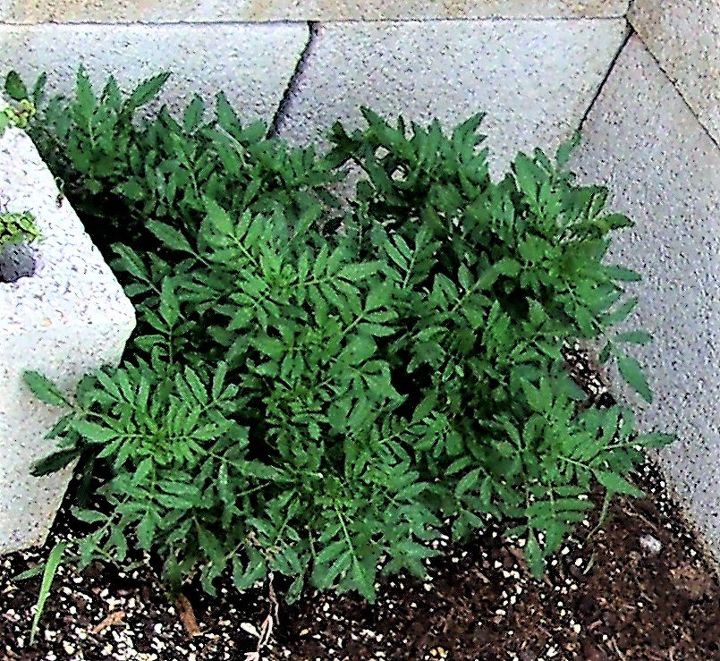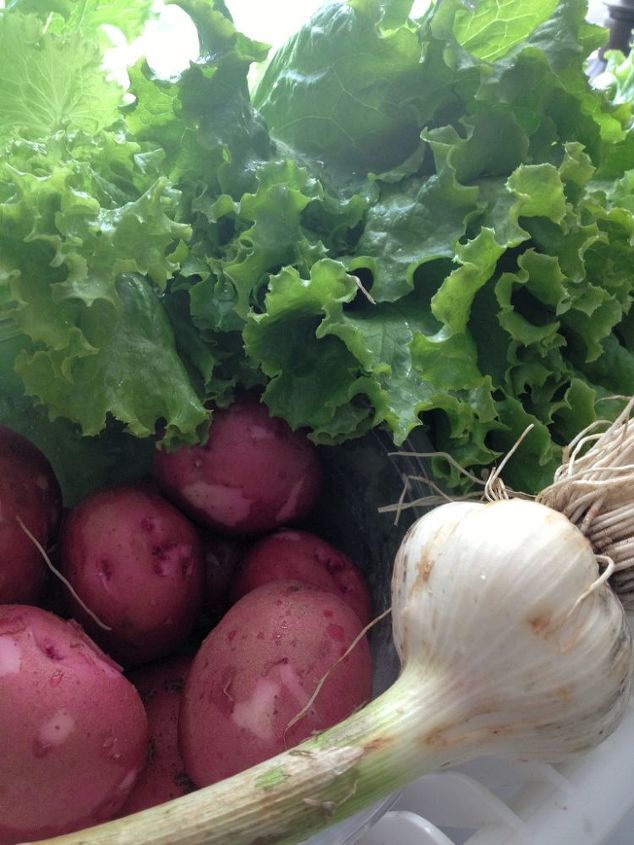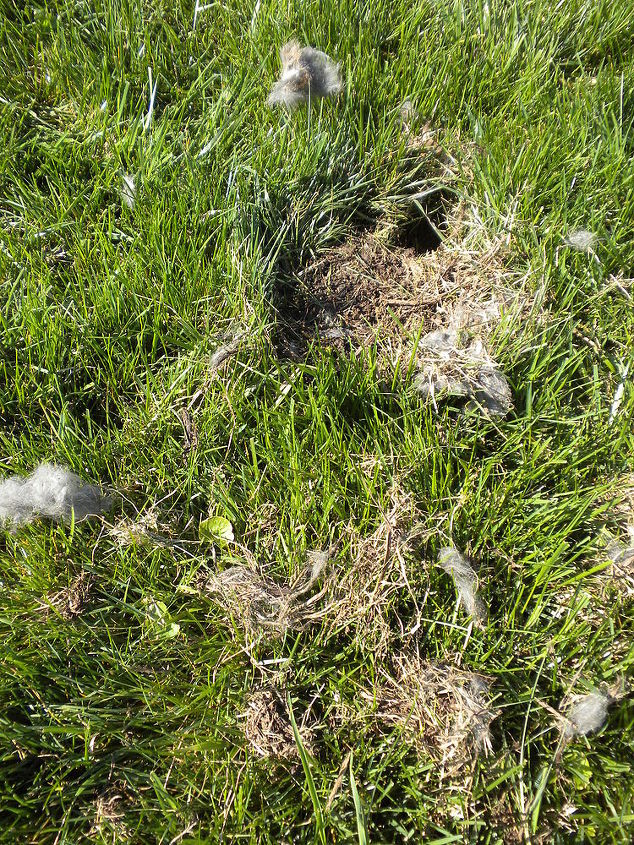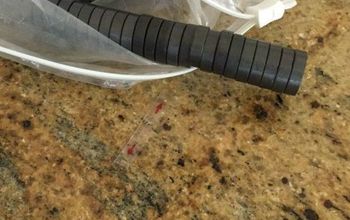My bird feeders have wasp nests in them. What can I do to get rid of?

Related Discussions
GNATS - How to get rid of them?
Somehow my house and garden got tiny gnats that killed my fuchsia plant and fly everywhere. I have tried ALL the Web recommendations - soap and oil dishes, sand in th... See more
Marigolds growing! Should I pinch the buds?
My marigold plants are growing. I heard that pinching the buds until Autumn will allow them to grow without killing the plant. Is this true?
Growing garlic
Growing our first garlic, should we wait until the leaves are drying out before we pick it? Husband picked first one today along with our first potatoes.
How to keep mice out of your garden?
Hi everyone, I have mice in my garden destroying my vegetables and I have also noticed them in the barn and shed. Please can someone tell me how to prevent them from ... See more
What's the best flower/plant to grow in Texas?
I know that opinions vary, but what's your opinion?!I have great luck w Rosemary plants. Green all year long.
I have voles that are digging up my lawn, how do I get rid of them?
They are leaving dirt piles and holes all over my lawn. I have tried to drown them, but they are still here and digging.
Can someone tell me what kind of animal this was in my yard?
I thought maybe a rabbit was burrowing in my yard, but it's almost dead center of my lawn (not a very smart rabbit). The hole is not very deep, and I replanted it onc... See more




First, I wonder what you have in the feed? Are you feeding dried fruits? If so, remove it. Are there larger nests elsewhere, in poles, buildings. If so, those nests need to be removed, also. There really isn't anything you can do but keep removing the nests; you have to be vigilante. They will eventually go away, but it is work. The only other thing to try is moving the feeders to a different location to see if that helps. (I would not use any sprays, etc., to kill the wasps; that would only hurt the birds.)
Ugh. I hate to mention chemicals and killing things, but...wait til dark. Get the hornet killer spray that goes 20'...say a prayer...then spray the nests
Locate all nests first. Spray with wasp spray at night & then remove nests. We use a long stick to knock them down. Good luck!
I had the same problem, so I tried different bird seed. Well I found if the bird seed had more corn then the bees would be bad. Also I found I could use my leftover seed that i had a bee problem with in the winter. That way I didn't have to waist the seed .
i thought birds ate wasps? might need to start over, take down and spray, then clean and replace.
Hi Karen, hope this helps you.
https://homebirdfeeder.com/wasp-nest-in-bird-feeder-how-to-safely-remove/#:~:text=Remove%20the%20nest%20without%20harming,nest%20from%20the%20bird%20feeder.
Take the nests out
Design Considerations for Bird Feeders
Design considerations for bird feeders play a significant role in deterring wasps. Opting for bird feeders with small feeding ports or mesh screens can make it difficult for wasps to access the food while still allowing birds to feed comfortably. Additionally, positioning your bird feeder away from structures such as trees or the eaves of your house can discourage wasps from nesting nearby.
Regular Maintenance and Inspection
Regular maintenance and inspection of your bird feeder are essential in preventing wasp infestations. By frequently examining your bird feeder for signs of wasp activity and cleaning it regularly, you can prevent the build-up of food that might attract these unwanted visitors. This proactive approach helps ensure a welcoming environment for birds while keeping wasps at bay.
Natural Deterrents and Repellents
Utilizing natural deterrents and repellents can further discourage wasps from nesting in your bird feeder. Planting wasp-repelling plants like lemongrass, mint, or wormwood in your garden can create an unwelcoming environment for wasps. Alternatively, applying a mixture of peppermint oil and water to the bird feeder or hanging a small cloth soaked in the mixture nearby can help repel wasps without causing harm to birds.
Encouraging Wasp Predators in Your Garden
Encouraging wasp predators in your garden is another effective strategy in managing wasp populations. Birds and bats are natural predators of wasps and can help maintain a balanced ecosystem. By providing nesting boxes or birdhouses, you can attract these predators and create a more harmonious environment for all inhabitants of your garden.
Throw it away
The bird feeders offer protection for the wasp nest, as simple as that. You will have to spray at dusk or dawn to kill them and then remove physical;y because there are most likely unhatched eggs. Once you get them out they will be repelled by the spray residue and relocate.
Here's a video that will help! https://www.youtube.com/watch?v=HcknKdjuiKs
Hi Karen! You can try these:
Hope this helps!